Protect journalists from retaliatory abuse
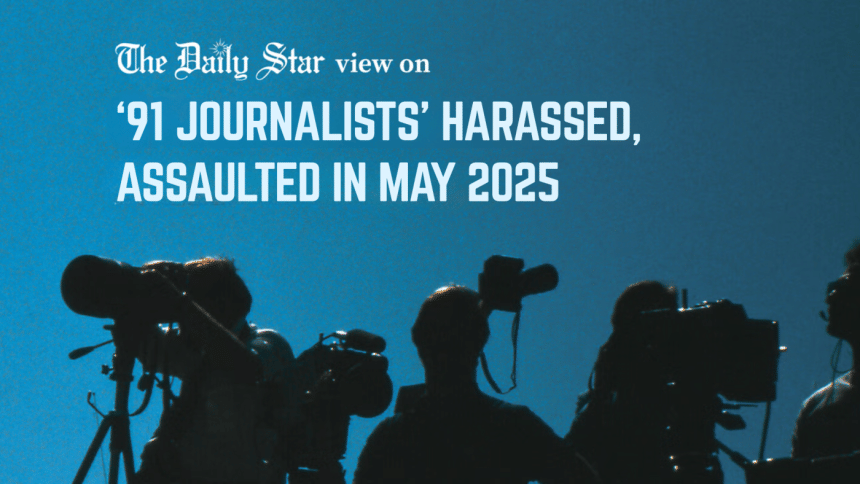
It is disheartening that at a time when the nation is supposedly enjoying press freedom and freedom of speech, journalists continue to face violence, intimidation, and legal harassment. The latest figures provided by the Human Rights Support Society (HRSS) paint a grim picture, revealing that at least 91 journalists were harassed, assaulted, or intimidated in May—more than double the number documented by HRSS in April. Among the victims, 33 were physically assaulted, seven received threats, and three were arrested. Moreover, 48 journalists were implicated in various cases. While no one is above the law, these cases and arrests seem to mask retaliation and exploitation as legal action, sharing similarities with past instances of journalists being targeted through dubious charges over the July atrocities.
In recent weeks, we have repeatedly commented on this disturbing legal trend. Victims of such dubious and exploitative cases include not just journalists but also individuals from all other professions, such as businessmen, lawyers, teachers, media personalities, etc. The stories of a grocer falsely declared dead in a murder case and a 69-year-old former professor sent to jail in connection with an attempted murder case highlighted how far the rot has reached. Another example reported in mid-May saw 26 journalists, along with others, being implicated in an attempted murder case filed by a pro-BNP lawyer in Chattogram. This case had ill intent written all over it, with little evidence or corroboration from either police or the accused, many of whom denied the charges or even being present at the scene of the alleged crime. Unfortunately, such cases continue to be filed or acted upon with frightening regularity.
According to an investigative report published by this daily on May 3, at least 266 journalists had been implicated in various criminal cases related to the July uprising as of that time. Such legal assaults not only endanger journalists and undermine press freedom, but also violate the public's constitutional right to access information. Their continuation, we must add, casts a dark shadow over the interim government's commitment to uphold press freedom.
So we again urge the authorities to take all necessary steps to ensure that journalists are protected from retaliatory cases as well as from physical violence and intimidation. The same applies to other victims of rights violations, such as those who have suffered from mob violence, rape and sexual abuse, political violence, and labour exploitation—all of which, according to HRSS data, reached worrying levels in May. These too are serious rights violations that demand urgent redress.
That said, the government alone cannot fix this state of affairs. Political parties, too, must do their part by strictly disciplining their members who engage in violence or inflammatory rhetoric that increases risks for the vulnerable segments of society. The BNP, in particular, must show greater leadership in controlling its errant activists and leaders. This is especially crucial as the country moves towards a long-awaited democratic transition through elections.

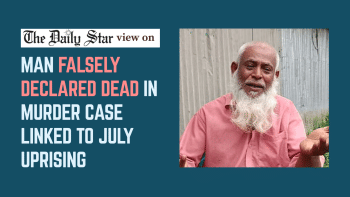
 For all latest news, follow The Daily Star's Google News channel.
For all latest news, follow The Daily Star's Google News channel. 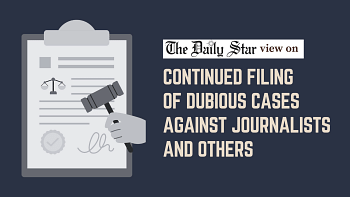
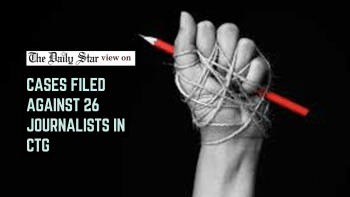
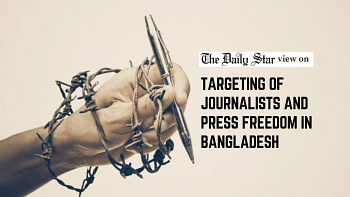




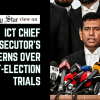

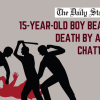


Comments